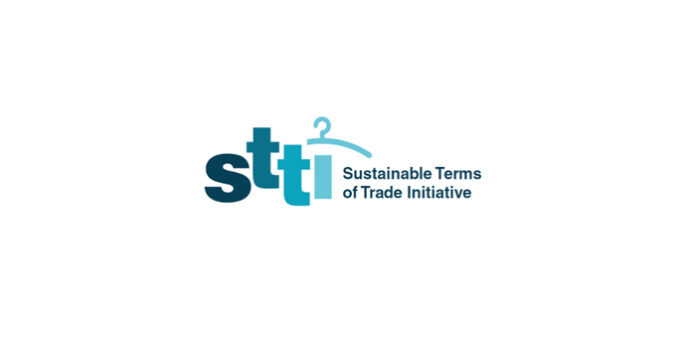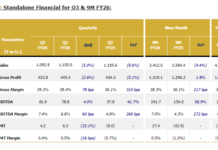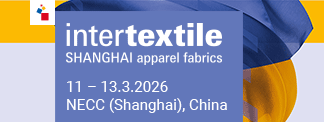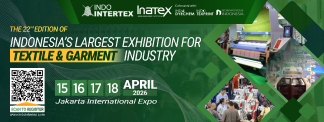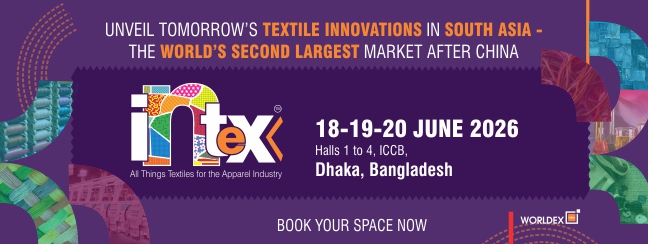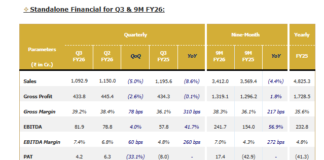After two years of work driving responsible purchasing practices, the Learning and Implementation Community (LIC) has come to an end. In a public meeting held on November 13th, the LIC shared rich lessons from its two-year term revealing key areas of improvement among brands as a result of their participation.
Although a lot has been published about the risks of bad purchasing practices, and their potential impacts on human rights in supply chains – including excessive hours and low wages – relatively little has been shared and developed to show how this can be practically improved, with stories of companies making positive changes. So, in a push for real progress and practical action, the Responsible Purchasing Practices (RPP) ‘Learning and Implementation Community’ (LIC) was established in 2022 by key organizations in this space (Ethical Trading Initiative, Ethical Trade Norway, Fair Wear, German Partnership for Sustainable Textiles and Solidaridad). This community of 35 garment brands met online every two months, learning from manufacturers, experts, and each other and practically trialing improvements in RPP and sharing their experiences.
Every other meeting included manufacturers in practical break out group discussions. Some sessions had over 60 individuals from brands (commercial as well as sustainability teams) and 50-60 factory managers from key manufacturing countries. Some of these were strategic supply chain partners invited by brands, and some were invited through local apparel manufacturing associations, by the Sustainable Terms of Trade Initiative (STTI), a key partner of the LIC. The LIC was funded by STITCH and the Initiative for Global Solidarity (IGS), implemented by GIZ1 and the involvement of STTI was funded by GIZ FABRIC.
key outcomes
70% of participating companies have gained feedback from their suppliers on the impact of their purchasing practices, 60% have improved two-way communication with suppliers and the same proportion have been actively working on joint problem-solving. 55% have been working on increasing forecasting accuracy and the same proportion have been tracking internal critical path adherence, in order to improve it.
Animesh, a garment manufacturer in India commented, ‘We saw this as a good opportunity to raise issues that we are experiencing. The discussions were organized by a neutral third party, with brands we are not in business relationship with, so we could be honest without fear of losing business. If pricing or practices are not fair it will not be sustainable in the long run. I’m sure it will bring improvements, and it will be a win-win for both suppliers and brands.’

